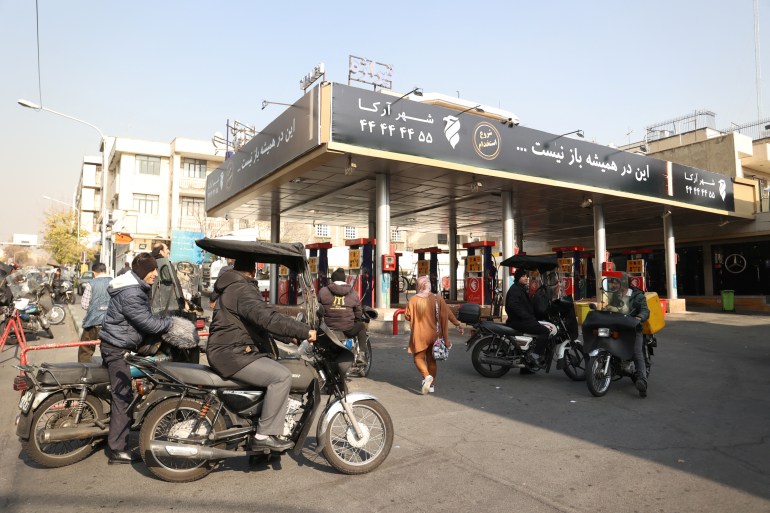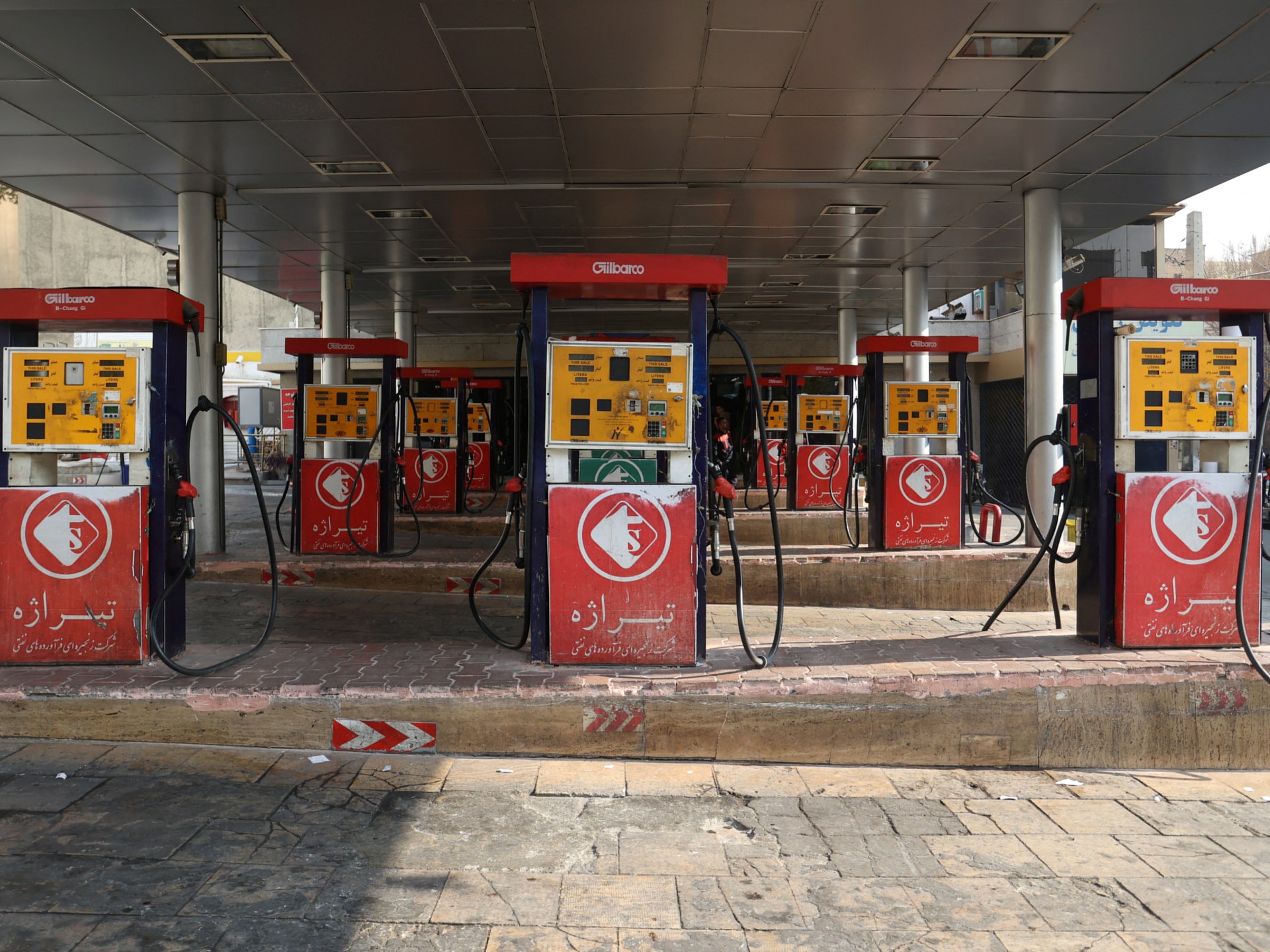Iran points at Israeli-linked group as cyberattack disrupts fuel network
Tehran says Israel-linked Predatory Sparrow group is behind the disruption.
A cyberattack has disrupted services at around 70 percent of Iran’s fuel stations, according to reports.
The Israel-linked group Predatory Sparrow, or Gonjeshke Darande in Persian, claimed on Monday it was behind the disruption, according to Iranian state TV. Israel media outlets also reported the claim.
“This cyberattack was carried out in a controlled manner to avoid potential damage to emergency services,” Predatory Sparrow said in its statement quoted by the Iranian media.
A statement on the attack was shared from a new account with the group’s name opened in early December on X.
Iran’s civil defence agency, which is responsible for the country’s cybersecurity, said it was still considering all possible causes for the disruptions as it investigated.
Iranian state media added that the hacker group has in the past claimed cyberattacks against Iranian petrol stations, rail networks and steel factories.
The fuel outages are the first such incident since 2021, when a major cyberattack in Iran disrupted the sale of fuel, causing long queues at stations across the country.
Pump prices in Iran are heavily subsidised. Iran accused Israel and the United States of being behind those attacks.

Stations operating manually
The disruptions began early on Monday and were especially acute in Tehran. Many petrol stations have been forced to operate their pumps manually, Iranian media reported.
“At least 30 percent of gas stations are working, with the rest gradually resolving the disruption in services,” Oil Minister Javad Owji said.
Reza Navar, a spokesman for Iran’s fuel stations association, had told the semiofficial Fars news agency that a technical issue was behind the disruption.
“A software problem with the fuel system has been confirmed in some stations across the country and experts are currently fixing the issue,” Navar said.
Navar added that there was no fuel supply shortage but called on drivers to not go to fuel stations.
The Ministry of Petroleum earlier told state TV that the disruption was not linked to plans to increase the price of fuel, a policy that caused widespread protests in 2019 and led to violent repression.
State TV said petrol stations were seeking to provide fuel manually and that it would take at least six to seven hours to resolve the problems.
Israel has not yet commented on the cyberattack.
Israel’s unit on cyberattacks on Monday said Iran and Hezbollah were behind an attempted cyberattack on a hospital in northern Israel about three weeks ago.
It said that the attack was thwarted but that the hackers were able to retrieve “some of the sensitive information stored in the hospital’s information systems”.




